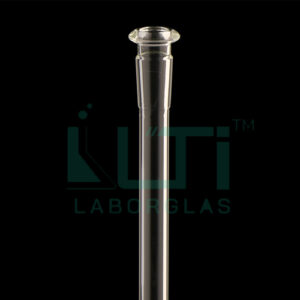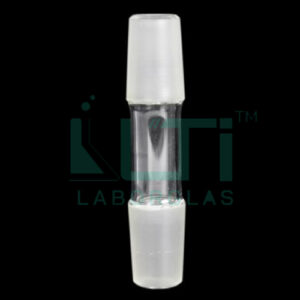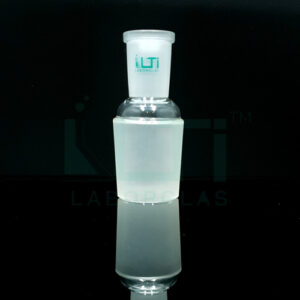- Made of Polyethylene
- Used for storage of biological material, human & animal cells at temperature as low as -190°C
- Cap is provided with a built in seal ring making the vial leakproof
- Base of the vial has longitudinal grooves which give it a non-twisting character when placed in a vial rack
| PART No. | Capacity (ml) | Pack Qty. |
| 8000-1.0 | 1.0 ml | 500 |
| 8000-2.0 | 2.0 ml | 500 |
| 8000-5.0 | 5.0 ml | 500 |
Here are some common uses and features of storage vials:
- Sample Preservation: Storage vials are used for the preservation of biological, chemical, or other types of samples. They are designed to maintain the integrity and stability of the stored material over time.
- Cryogenic Storage: Some storage vials are suitable for cryogenic storage, allowing samples to be preserved at extremely low temperatures, such as in liquid nitrogen or ultra-low temperature freezers. These vials are typically made from materials that can withstand such low temperatures without compromising their structural integrity.
- Biological Samples: Storage vials are commonly used to store biological samples, including DNA, RNA, proteins, cells, and tissues. These vials help protect the samples from contamination and degradation.
- Chemical Storage: In chemical laboratories, storage vials may be used to store various types of chemicals, reagents, or solvents. The choice of vial material depends on the compatibility with the stored chemicals.
- Sample Organization: Storage vials provide a systematic way to organize and catalog samples, ensuring easy retrieval and tracking. Some vials come with features like numbered positions or color-coded caps for better organization.
- Secure Sealing: Storage vials are designed with secure sealing mechanisms, such as screw caps or snap caps, to prevent leakage and contamination. This is crucial for maintaining the quality of stored samples.
- Transportation: Storage vials are often used for transporting samples between different locations within the laboratory or between laboratories. They provide a secure and sealed container for safe sample transit.
- Autoclavable: Many storage vials are autoclavable, allowing for sterilization before use. This is important in applications where aseptic conditions are necessary.
- Environmental Samples: Environmental samples, such as soil or water samples, can be stored in vials for analysis. The vials help prevent contamination and preserve the integrity of the collected samples.
- Long-Term Storage: Storage vials are suitable for long-term storage of samples. They protect samples from environmental factors, light, and temperature fluctuations that could affect their stability.
- Versatility: Storage vials come in various sizes and shapes, providing versatility for different types of samples and storage requirements.
- Lab Research and Biobanking: Storage vials play a critical role in laboratory research, including molecular biology, genetics, and biobanking, where the preservation of biological materials is essential for future analysis and experiments.





